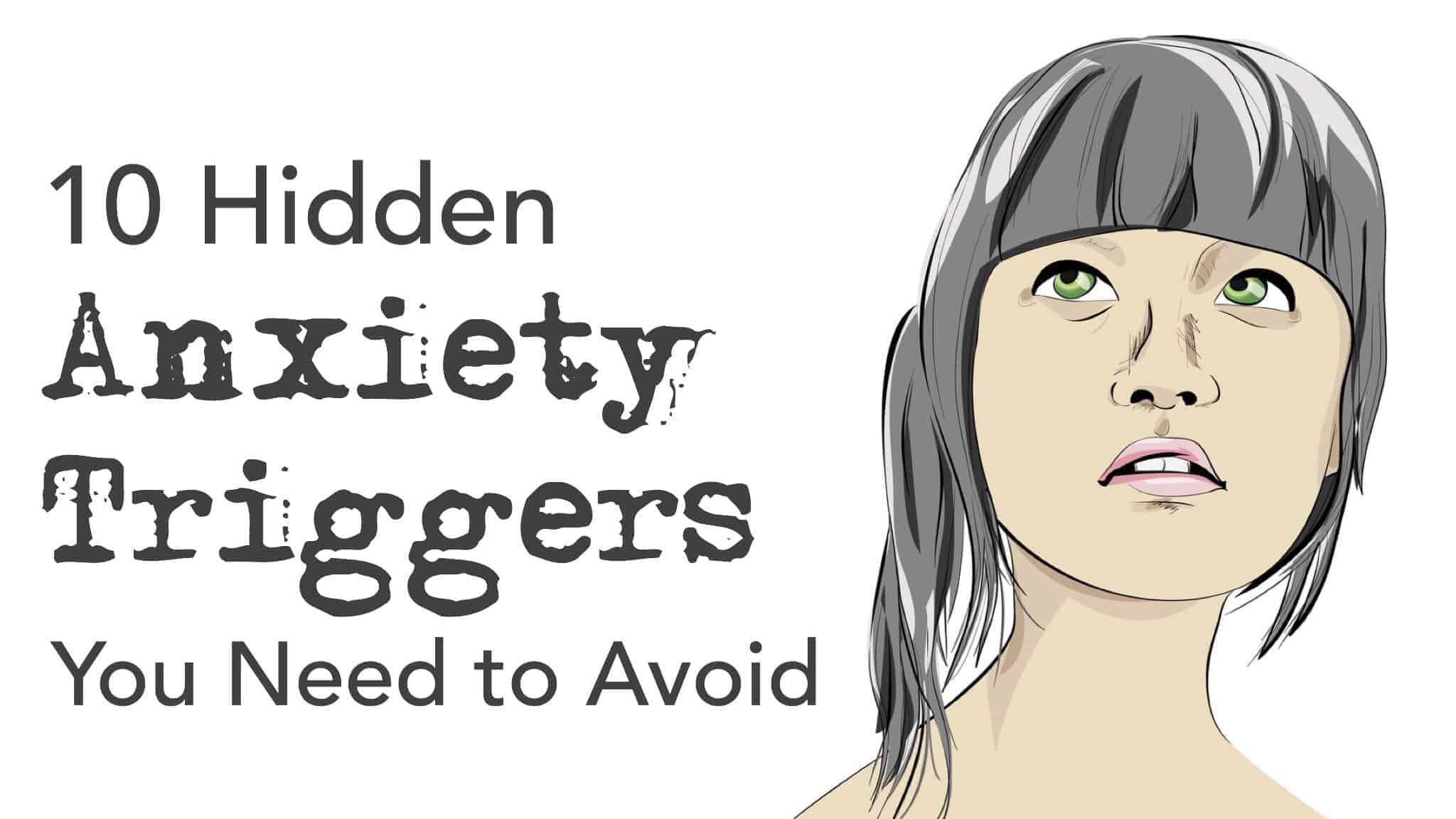10 Hidden Triggers of Anxiety You Might Be Ignoring
Anxiety is a feeling of worry or fear that many people experience. Sometimes, it comes from obvious sources like work stress or personal relationships. However, there are less obvious factors that can also cause or worsen anxiety. Let's explore ten hidden triggers that might be affecting you.
1. Too Much Caffeine
Drinking a lot of coffee or energy drinks can make you feel more anxious. Caffeine is a stimulant that can increase heart rate and make you feel jittery, which can lead to or worsen anxiety.
2. Negative Thinking
Constantly thinking about bad outcomes or focusing on negative aspects of situations can increase anxiety. This pattern of thinking can make problems seem bigger than they are, leading to increased worry.
3. Lack of Sleep
Not getting enough rest can make it harder for your body and mind to handle stress, leading to increased anxiety. Sleep is essential for emotional regulation, and a lack of it can exacerbate anxious feelings.
4. Poor Nutrition
Eating unhealthy foods or skipping meals can affect your mood and energy levels, contributing to anxiety. A balanced diet is crucial for mental health, and deficiencies in certain nutrients can lead to increased anxiety.
5. Health Issues
Sometimes, underlying health problems like thyroid issues can cause anxiety symptoms. It's important to consult with a healthcare provider to rule out medical conditions that might be contributing to anxiety.
6. Social Interactions
For some people, social situations can be a hidden source of anxiety. This can include fear of judgment or rejection in social settings, leading to avoidance and increased anxiety over time.
7. Medications
Certain medications can have side effects that include anxiety. If you notice increased anxiety after starting a new medication, consult your doctor.
8. Substance Use
Using or withdrawing from substances like alcohol or drugs can trigger anxiety. These substances can alter brain chemistry, leading to increased anxiety during use or withdrawal.
9. Financial Challenges
Worrying about money, paying bills, or debt can be a significant source of anxiety. Financial stress can lead to constant worry and fear about the future, exacerbating anxiety symptoms.
10. Environmental Pressures
Living in a high-stress environment, whether due to work, family, or other factors, can contribute to ongoing anxiety. Chronic exposure to stressful environments can keep the body's stress response activated, leading to persistent anxiety.
Recognizing these hidden triggers is the first step toward managing anxiety. By identifying and addressing these factors, you can take proactive steps to reduce their impact on your mental health.


